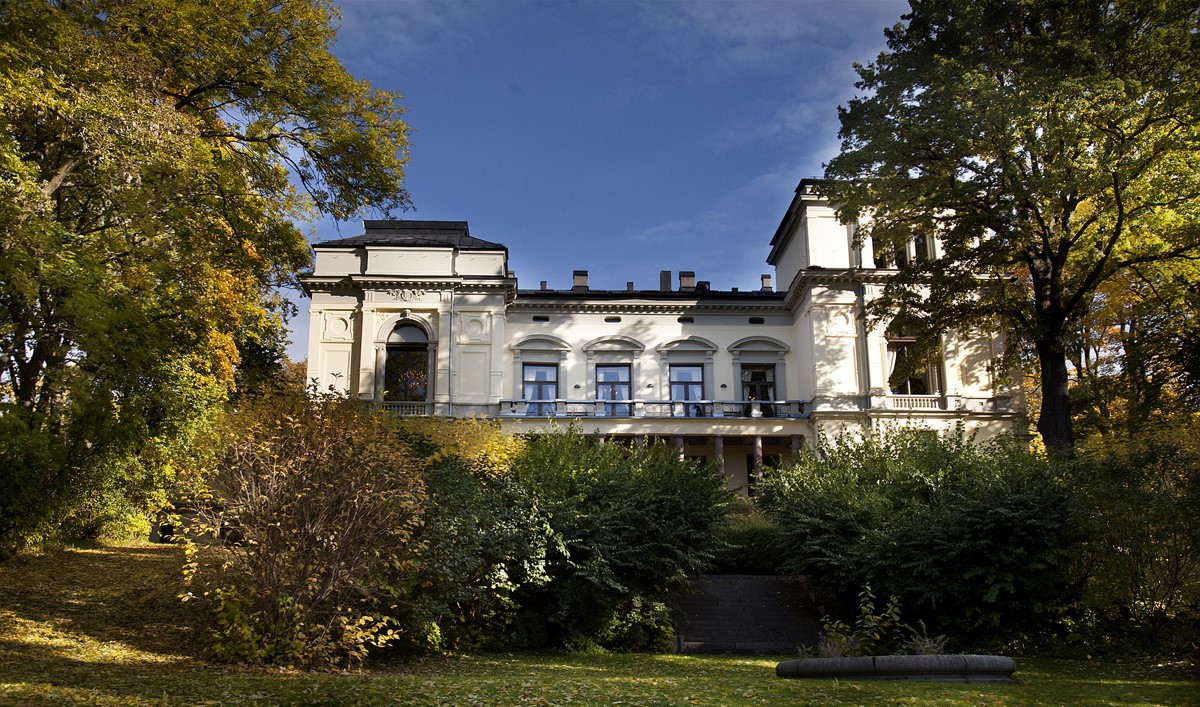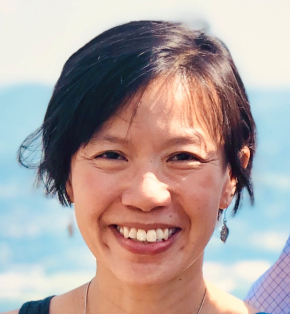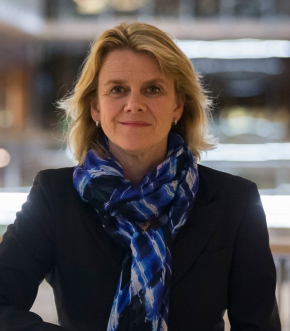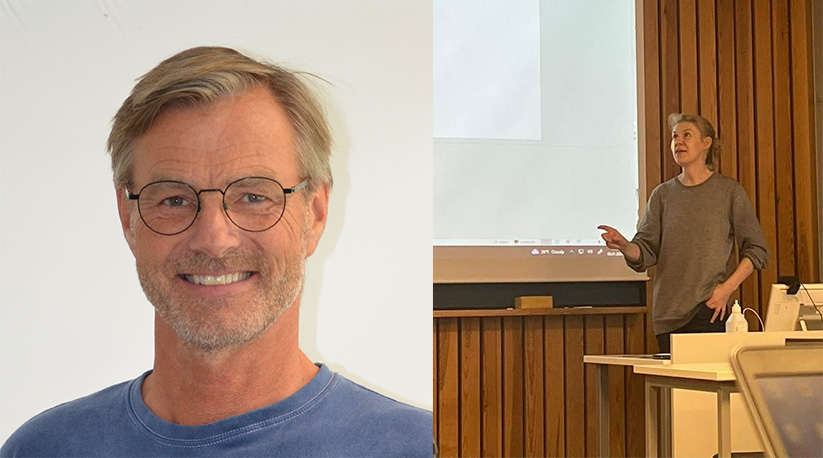Announcing the CAS projects of 2026/2027
We are thrilled to announce the research projects chosen for the 2026/2027 academic year.

Each year, CAS hosts three interdisciplinary research groups within humanities, social sciences, and natural sciences. The groups consist of leading academics from around the world, led by scholars from CAS' partner institutions in Norway. The project leaders, along with their selected team members, will spend an entire academic year dedicated to their research.
After a thorough evaluation process, including an international peer review, the Board of Directors has selected the following three projects to be hosted by the Centre during the 2026/2027 academic year.

‘Population processes in deep-time declines’ - Professor Lee Hsiang Liow (UiO)
Professor Lee Hsiang Liow from the Natural History Museum, University of Oslo will lead the ‘Population processes in deep-time declines (FossPop)’ project. In this project, Liow seeks to discover the common currencies that span short timescale population processes and very long timescale patterns in biology, such as those reflecting changing biodiversity over millions of years.
FossPop is designed to remove the invisible but currently formidable divide between the fields of ecology, evolution and paleontology. To do so, the interdisciplinary and international team Liow has assembled will structure their conversations around deep-time species declines that unfold over tens to hundreds of thousands of years. Through hands-on analyses of empirical data starting from their specialist perspectives, the team will iron out differences and contradictions among field-specific conceptual and operational definitions of ecological and evolutionary parameters. These conceptual and operational definitions will ultimately converge through iterative discussions, careful listening and learning across disciplines, all facilitated by the focused and calm atmosphere at CAS.
For Liow, the collaborative environment at CAS is essential to the project's success: "Being able to spend quality time in deep conversations with mathematical biologists, statisticians, ecologists, paleontologists and evolutionary biologists, all interested in this question of common currencies in biology at CAS will provide important steps towards the ultimate goals of the FossPop project and beyond."

‘Energy Transition: Structural Shifts and Distributional Impacts’ – Professor Hilde C. Bjørnland (BI)
The project "Energy Transition: Structural Shifts and Distributional Impacts" investigates the complex dynamics of the energy transition, focusing on its far-reaching effects on economic outcomes across industries, firms, and households. The project combines theoretical modelling with advanced econometric analysis of detailed micro data to examine shifts in productivity, labour markets, and income distribution, as well as the effectiveness of policy in managing transition-related fluctuations.
Bjørnland highlights both the honor and opportunity that the CAS grant represents: “It recognizes the importance of the research agenda and allows us to bring together a world-class international team in a truly collaborative setting.”
“A year at CAS will provide the time and environment to develop new theoretical models and apply advanced econometric methods to rich micro data. By combining theory with frontier empirical techniques, especially for identifying structural shocks and distributional effects, the project aims to deliver research with lasting academic and policy impact”, she explains.

‘Interaction-regulating particles in Scandinavian languages’ – Professor Jan Svennevig (UiA) and
Associate Professor Marja Etelämäki (UiO)
In the project "Interaction-regulating particles in Scandinavian languages" Svennevig and Etelämäki will investigate dialogue particles, that is, small words such as "mhm," "hæ?" (huh?), "å" (oh) and "okei" (okay). These words function as the 'traffic lights' of conversation by regulating the flow of the interaction. They mark such things as who is expected to speak next, whether speakers have a problem finding the right words, or whether they understand the previous utterance. In addition, they will study other means for doing the same things, such as head nods and gestures, or frowns and other facial expressions.
Dialogue particles have received very little scholarly attention from linguists both in Norway and internationally. Although they might seem small and insignificant, they play an important role in facilitating and managing conversation. The project will thus seek to provide a systematic account of the various functions of the particles in Norwegian. In addition, the project will seek to compare them with their counterparts in the other Scandinavian languages. For this purpose, Svennevig and Etelämäki have invited experts from Denmark, Sweden and Finland to join the team for extended periods of time.
The collaborative nature of CAS makes it the ideal setting for this comparative linguistic work. As the project leaders note: "A year at CAS will allow us to collaborate extensively on a common topic, mobilizing the different types of expertise of the team members. This includes expertise on grammar, on interaction, on gestures and on phonetic and vocal features. We will also have an unprecedented opportunity to explore similarities and differences between the Scandinavian languages."
We extend our congratulations to the 2026/2027 project leaders and express our gratitude to all scholars who submitted proposals. We eagerly anticipate welcoming all new project members in the 2026/2027 academic year.
The call for applications for the 2027/2028 academic year will be announced soon. Learn more about the application process here >